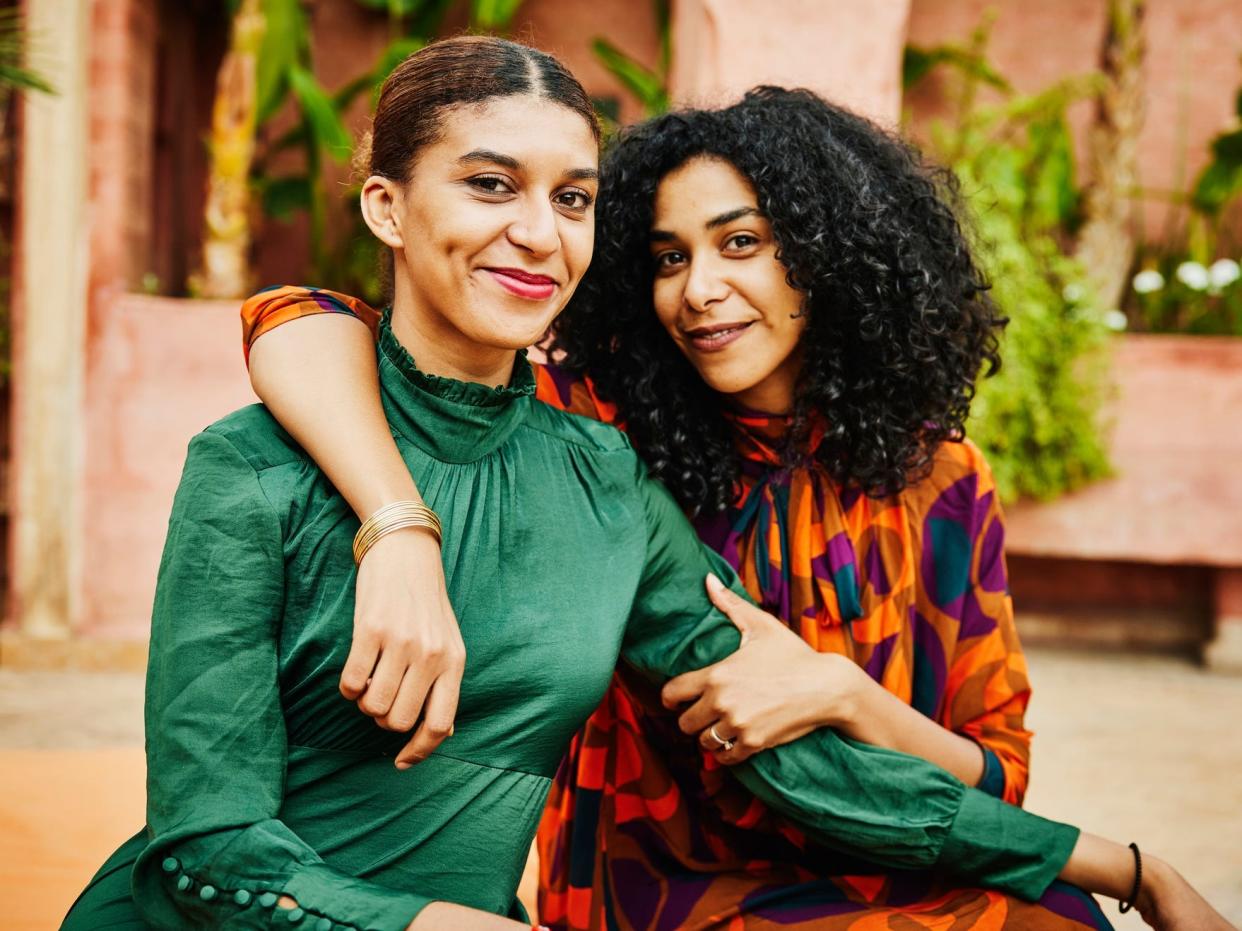What your birth order might say about who you date

The birth order dating theory has been going viral on social media.
Because birth order can influence your personality, it might also impact who you date.
A psychologist explained why birth order compatibility feels so true for some people.
Many people have types when it comes to dating. Some have a soft spot for brown eyes, nature lovers, or 6'5" finance guys. And some, like TikToker @taylo1212, have only ever dated youngest-born sons.
According to the viral birth order dating theory, her dating preference makes sense: your birth order may predict the birth order of who you'll be attracted to.
Annie Wright, a licensed marriage and family therapist, told Business Insider that "birth order can influence personality traits and relationship dynamics," including which qualities you look for in a partner.
In the early 20th century, Austrian psychiatrist Alfred Adler theorized that birth order shapes personality because of how parents interact with each kid. "There are so many different family variables that occur with a firstborn versus a younger born, including hypervigilance of the parents or the prioritization of resources for the firstborn," Wright said.
Wright explained why the theory seems so accurate to many people, including herself, as a firstborn married to a youngest-born.
Opposites attract when it comes to birth order
People seek out partners who have complementary birth orders to theirs, such as firstborns dating younger-borns, according to the theory.
"In my experience professionally, and personally as a firstborn, firstborns typically receive more attention and resources from parents, which can lead to higher academic achievement, greater leadership qualities, and a more conscientious nature," Wright said. For example, the eldest daughter might be more goal-oriented or responsible if she had to care for her younger siblings.
In contrast, the youngest siblings "tend to develop a more sociable and accommodating personality," she said, due to parents having a more lax attitude around them. As a therapist, she's also noticed that younger-born children (including middle children) are often more prone to seeking harmony and mediating conflict.
"The dynamics between a firstborn's tendency to take charge and a younger-born's inclination to cooperate can create more of a balanced, complementary relationship," she said.
Dating the same birth order can cause clashes
Just as it can work well to date someone of a different birth order, dating someone with the same birth order may lead to clashes.
For instance, two firstborns dating may both want to take charge.
However, she said, "If you get two younger-borns together, maybe a bit more laid-back and easygoing in personality," the conflict might be more around finding structure and allocating responsibilities in the relationship.
Birth order matters less than the role you played
Not everyone may feel represented by the birth order theory, like only children, who Wright said might feel like a mix of firstborn and youngest-born kids. She said middle children could also have a mix of both characteristics and might not relate to the "mediator" traits assigned to their birth order.
"We can't speak in absolutes, whether it's talking about who you are because of your astrological sign or who you are because of your birth order," Wright said.
Whether you're a youngest-born child who still had a lot of responsibilities or an only child who relates to all the birth order traits, Wright said it's most important to ask yourself what your early experiences were like and how they might have shaped who you are today. When it comes to future romantic relationships, your dynamic with your parents probably has more weight than being the second-oldest kid.
Read the original article on Business Insider


